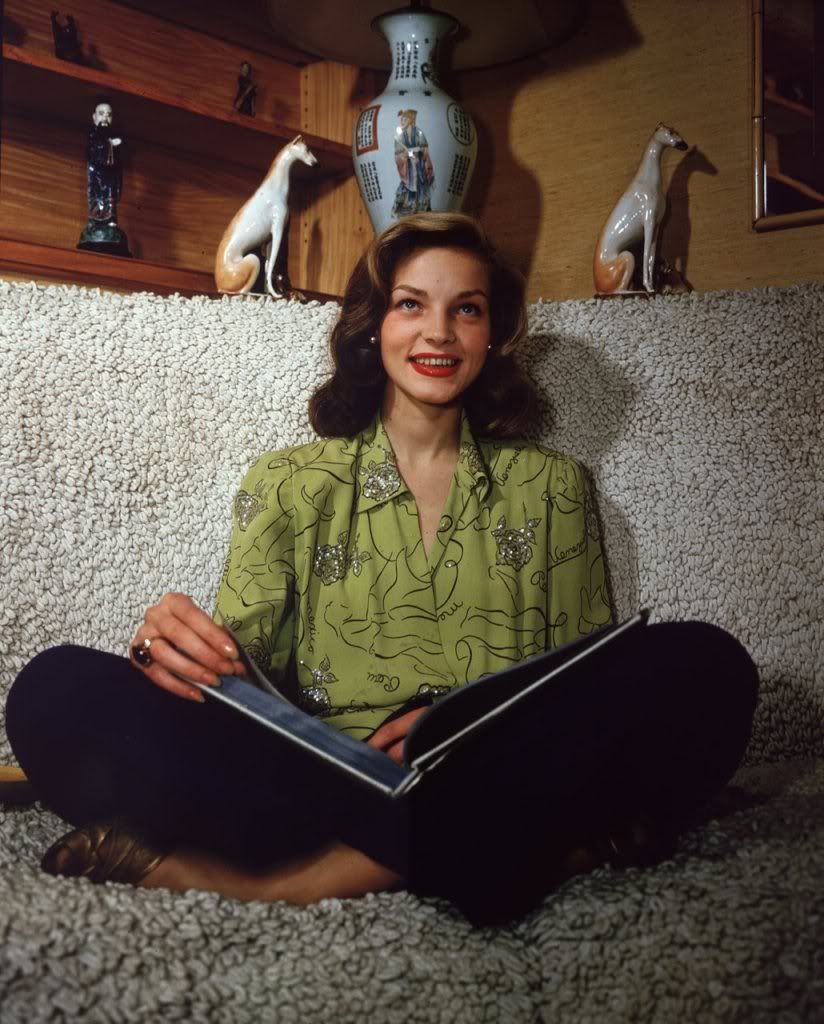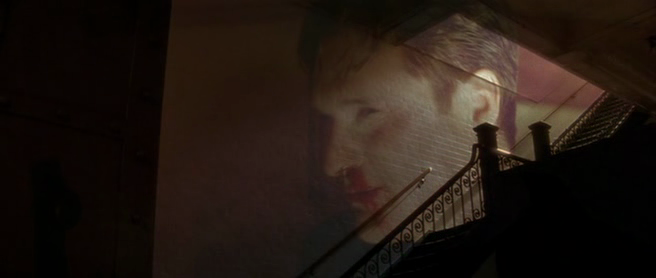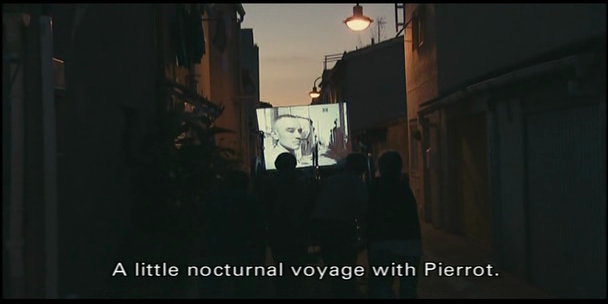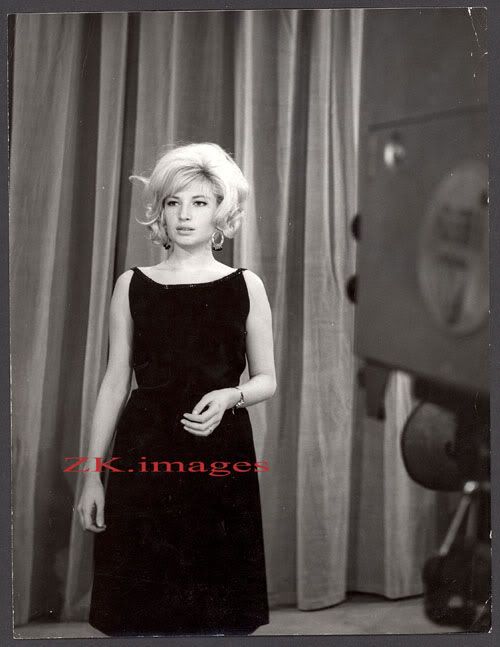Viewing Log #48: Speak with your feet [6/21/10 - 6/27/10]
by Ryland Walker Knight
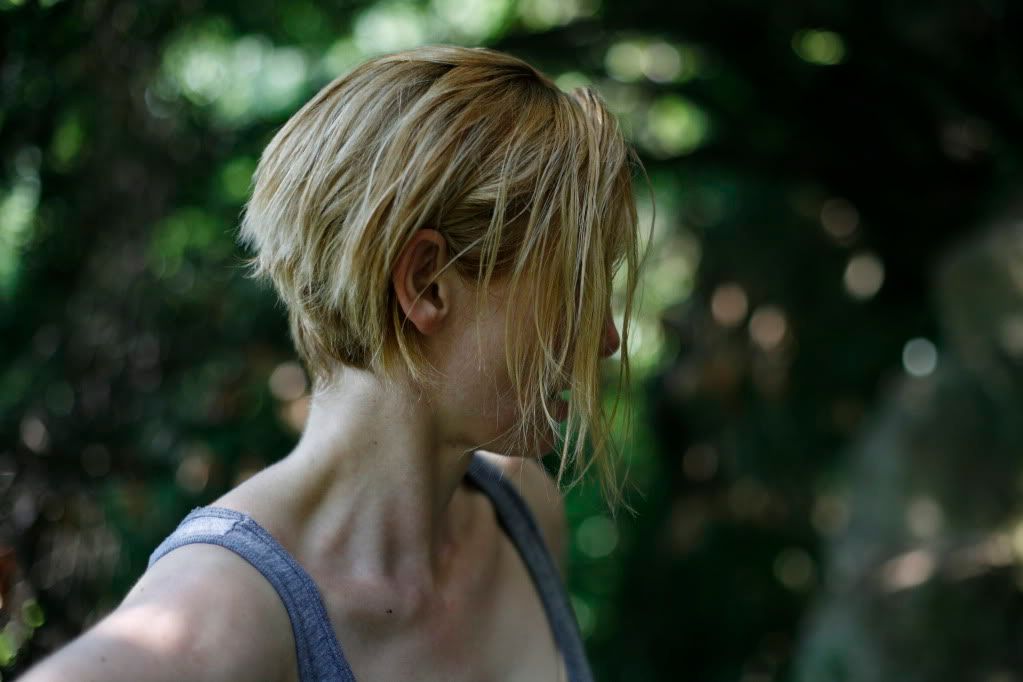
—With your whole body
- TRON [Steven Lisberger, 1982] # Wow, this is a lot worse than I remembered. I fell asleep pretty quickly after realizing I wasn't having a blast. Mostly it's crazy just how dated it is, and not just because of the "effects" (some of which are still dope in a predictably anachronistic way), and just how dated the sequel will be in time. In a way, that's neat; but neat's not much. At the very least: Jeff Bridges was always a babe, huh?
- I Am Love [Luca Guadagnino, 2009] # A second go-round proves I'm not crazy but also proves I may have been hit in the head-heart a little harder back in May for any number of reasons I'll not tell you. Suffice to say, I still adore this thing. So expressive, so wild. Yet it makes sense in the way any melodrama makes sense: accrued affect flooding through style, not story. Not exactly "all emotion" as Mia put it walking out (by the way, she wants me to tell you, my readers, she liked it a lot), but that verve or vibe I've named here so often, even when I wrote about this last (here), that too-present catchphrase that's become a go-to catch-all for a whole lot of people, including me; but I don't see any other way to classify this whirl, this helix. Whether you get on that wavelength, I think, can be brought to a head by thinking about to what degree you're into this image of feminine sexuality (what an affirmation!) as healthy and worth claiming. There are costs, to be sure, but life isn't a pity party. Real risks take guts and that's what I feel the most in the finale: a choice is made to forage forward for the life desired; to seek the unattained self outside trophies and carpets; to find a new way to drape oneself on and in the world outside fabrics; to get dirty and dig it.
- Utamaro and his five women [Kenji Mizoguchi, 1946] Too bad the print was so crummy. The movie was pretty interesting, another series of ideas about ideas guiding and driving people, about people latching onto ideas instead of Real Life, about the dangers of reifying people and about the pleasure of craft becoming its own art. It's been too long since I last looked at a Mizoguchi to give any kind of placement analysis but I find more parallels with Ugetusu than I do with Sansho (the only other two I've seen; I wrote about them here, with Steven Boone) for the simple fact that I know the former better but also because of that whole ghost angle as a version of projection, which is what portraiture is, too, I reckon, which our Utamaro is so brilliant at, as we're told, which is also what Mizoguchi seems to do so well: craft images of people the fill in through observed details. He also loves to track and pan and extend the space through reframing, letting the camera unfold the world. But it's more stately here, more patient. In any case, it seems clear that I should revisit his work again at some point if I want to really have a point.
